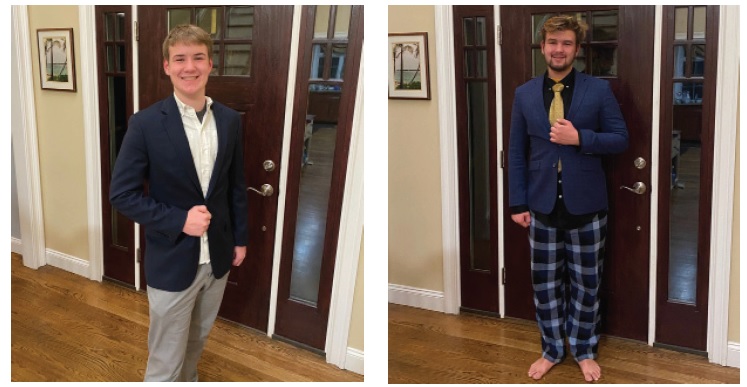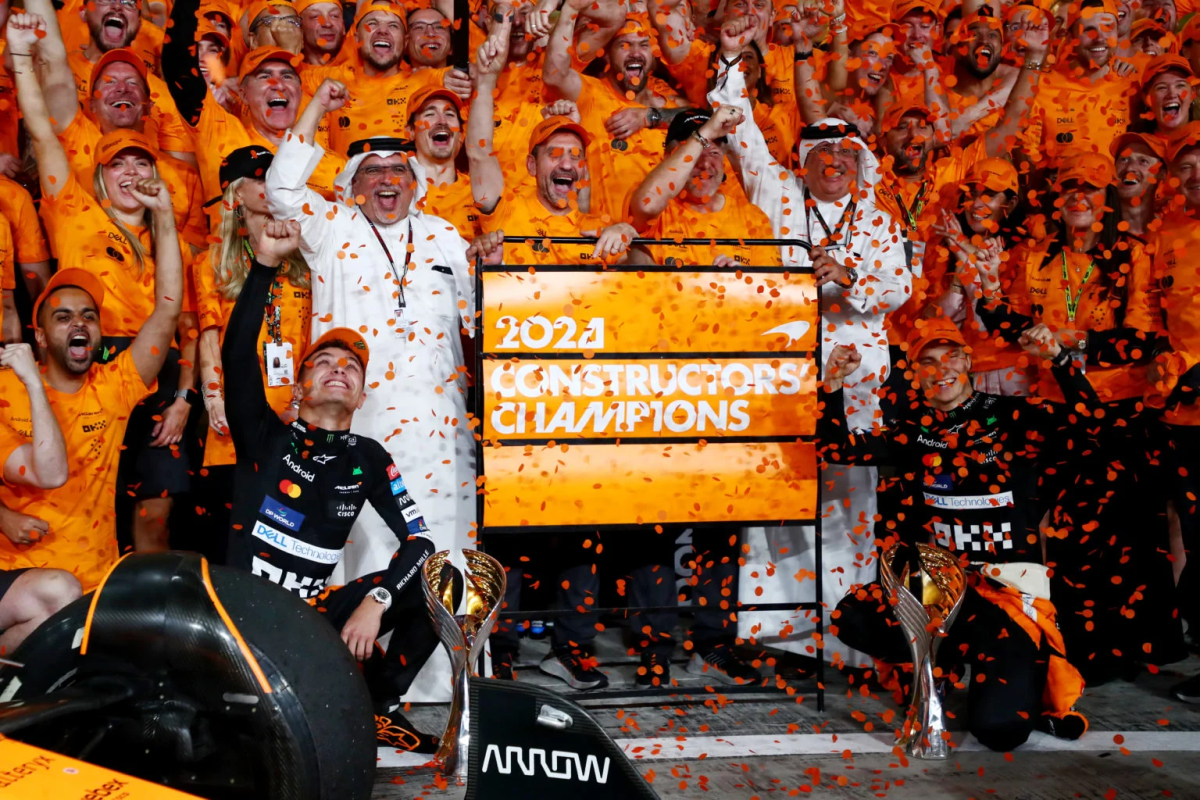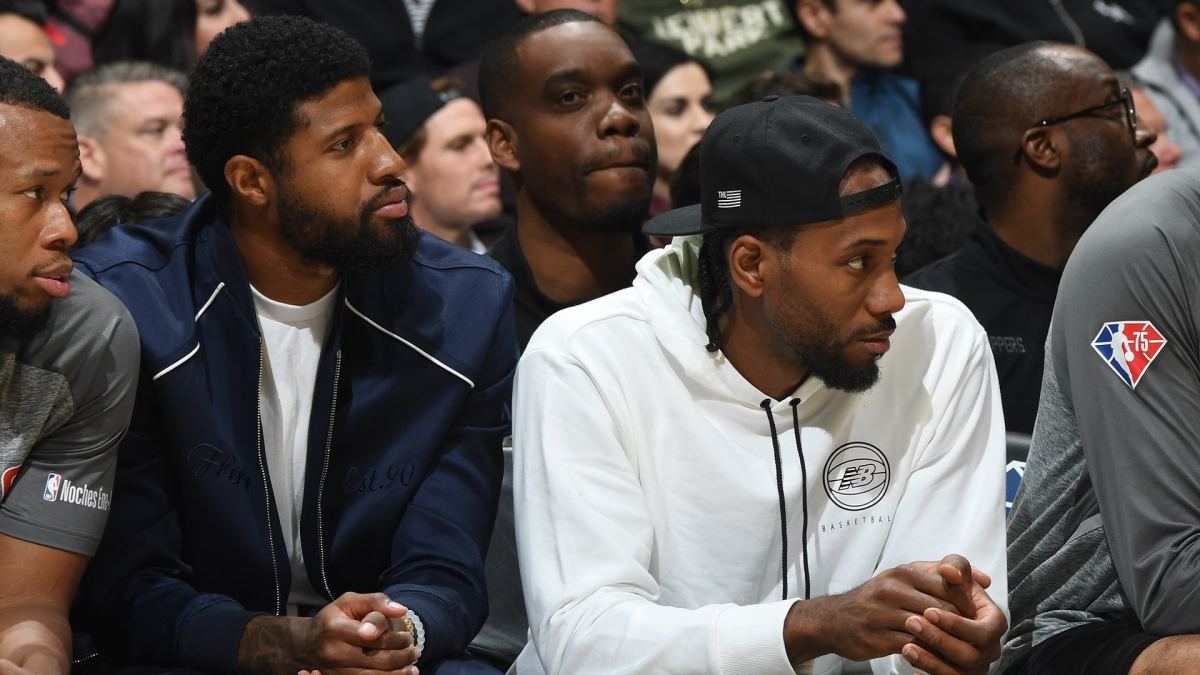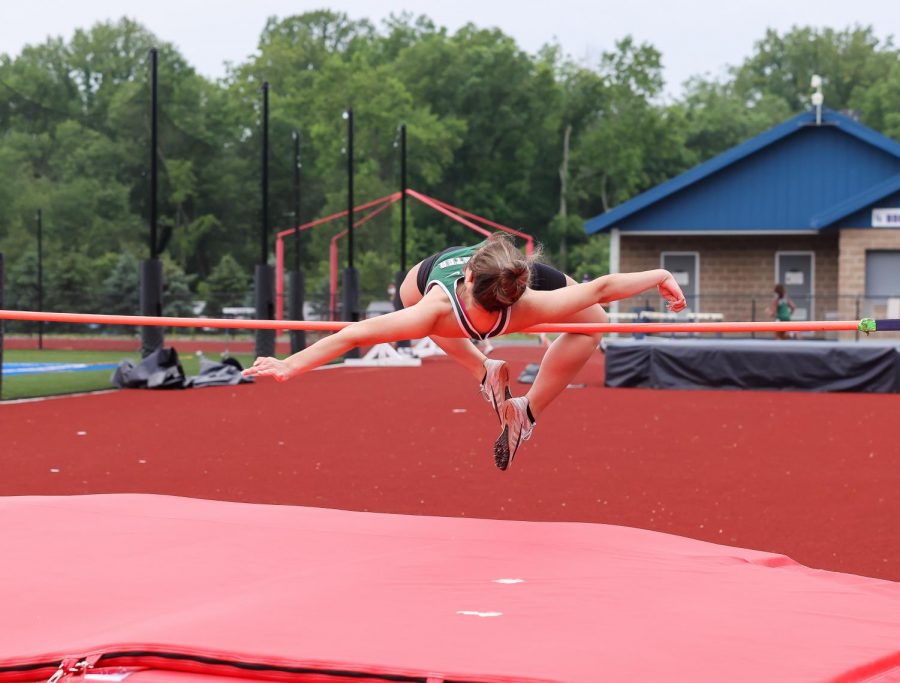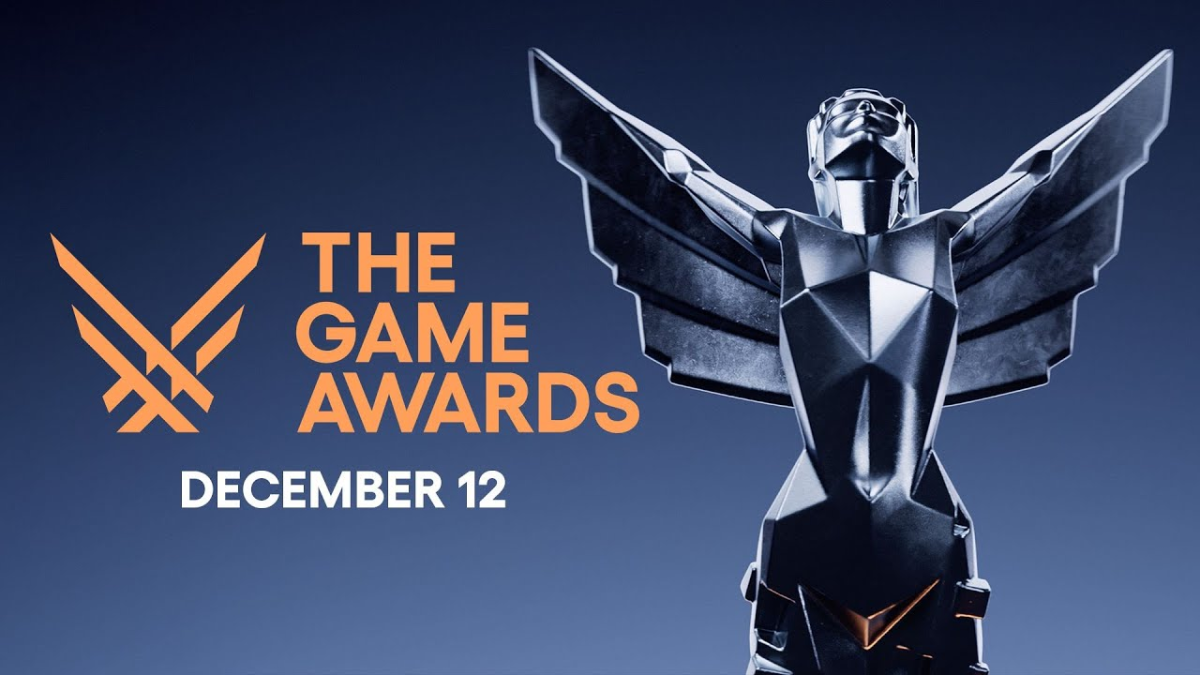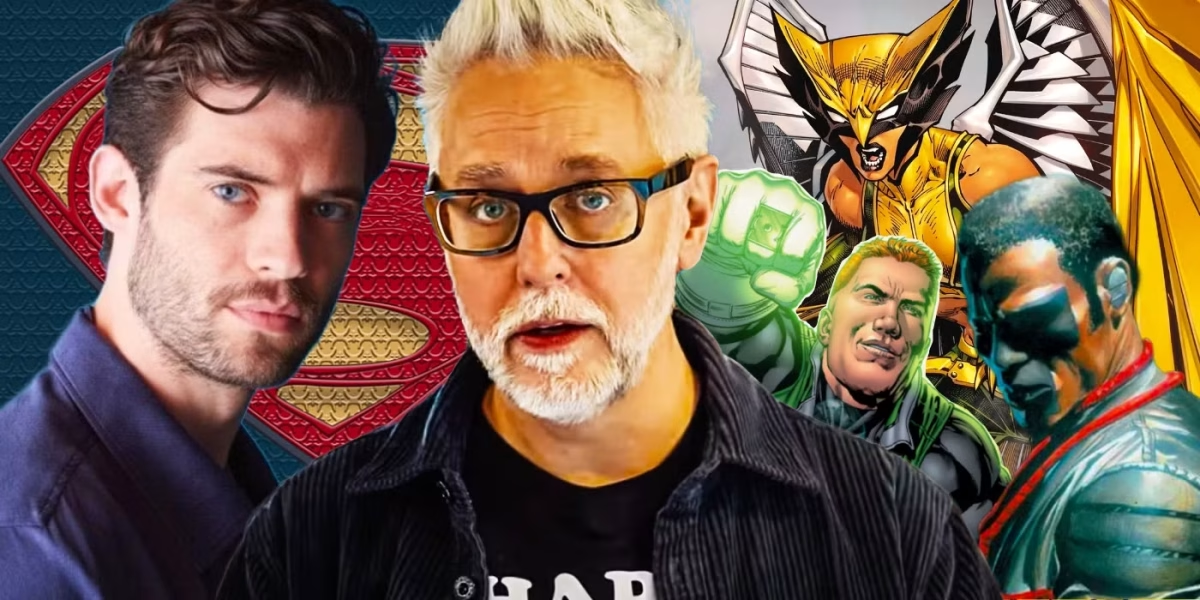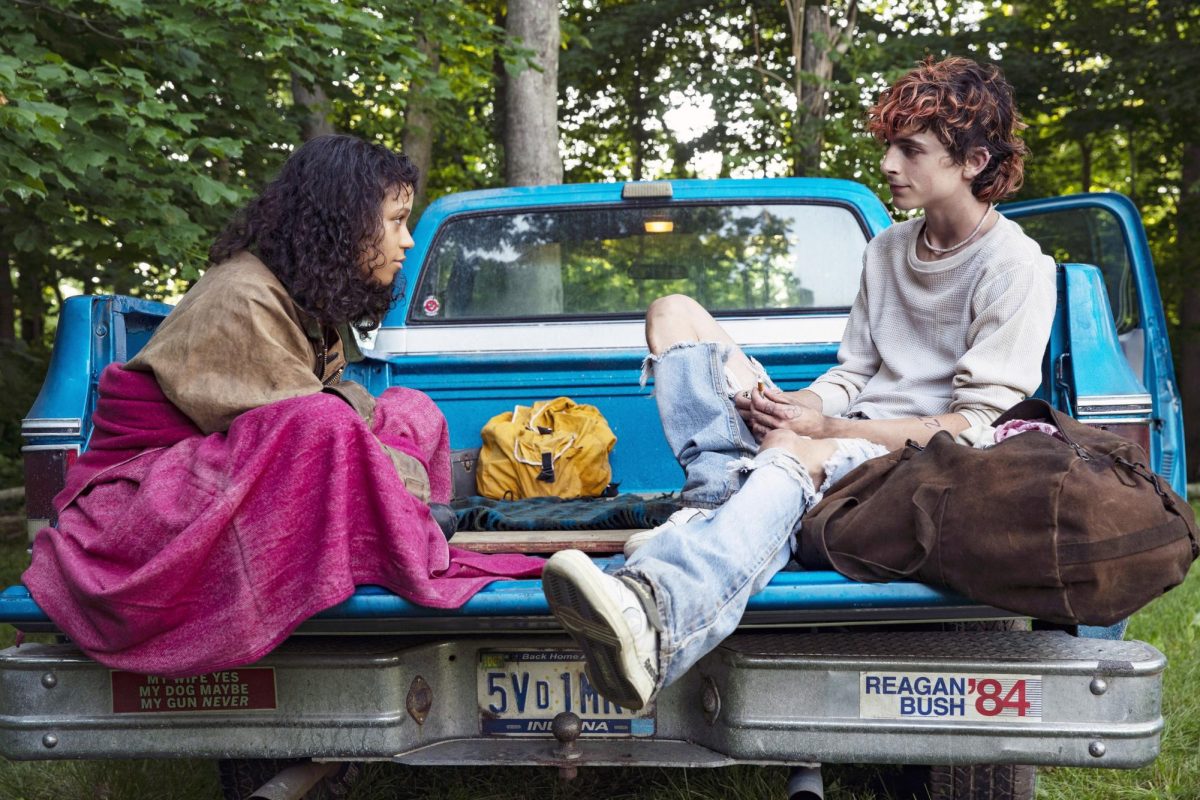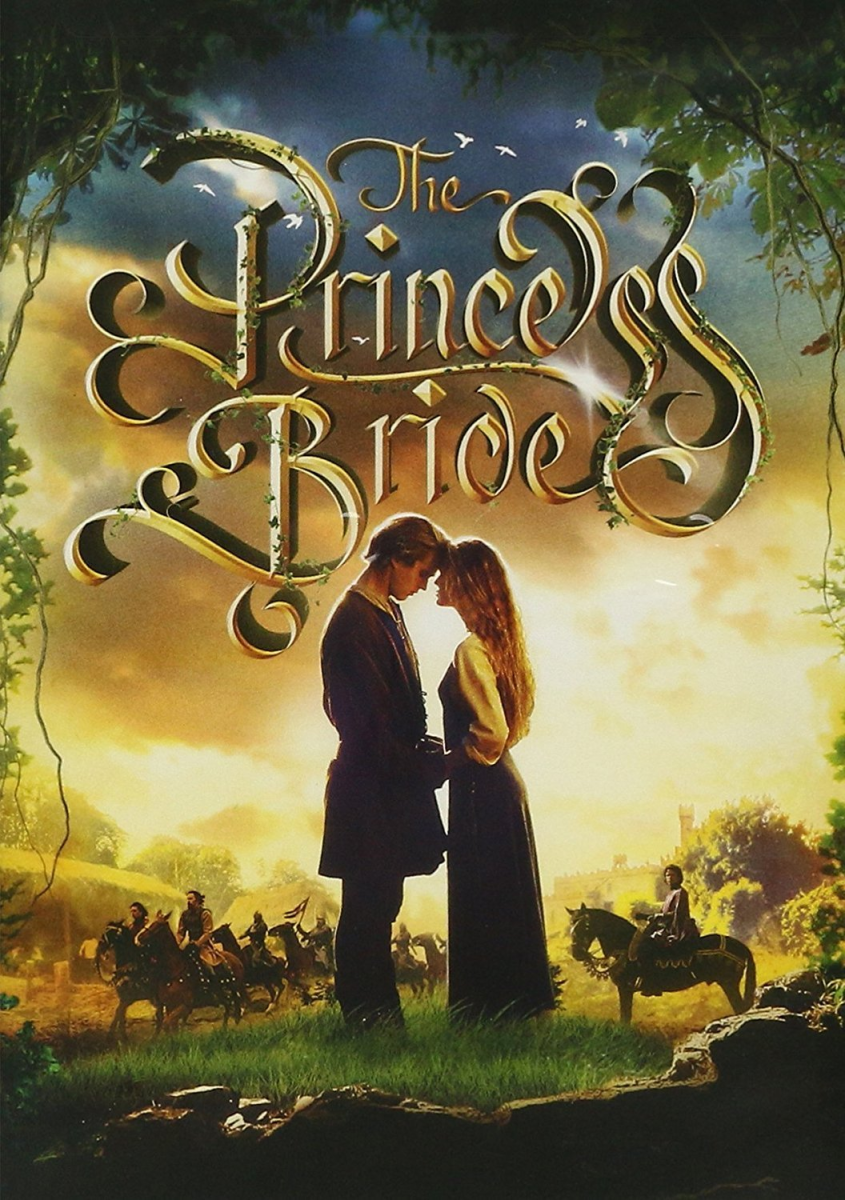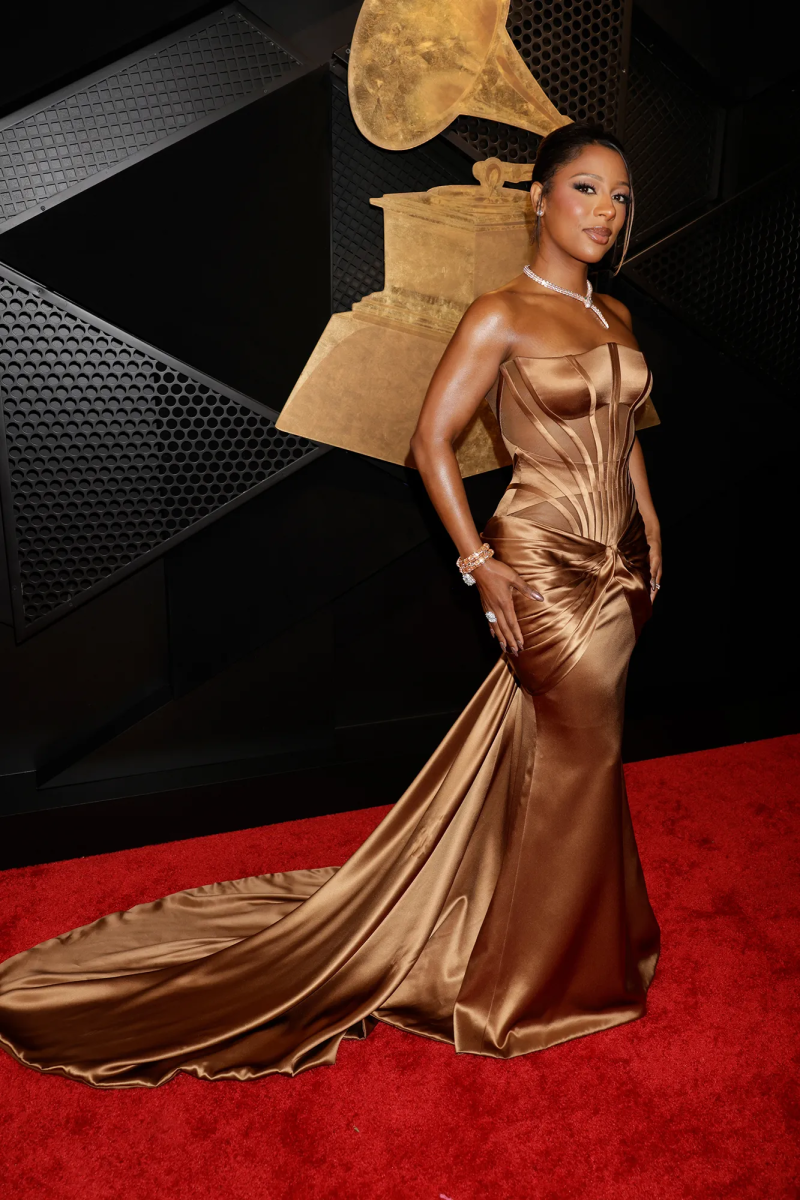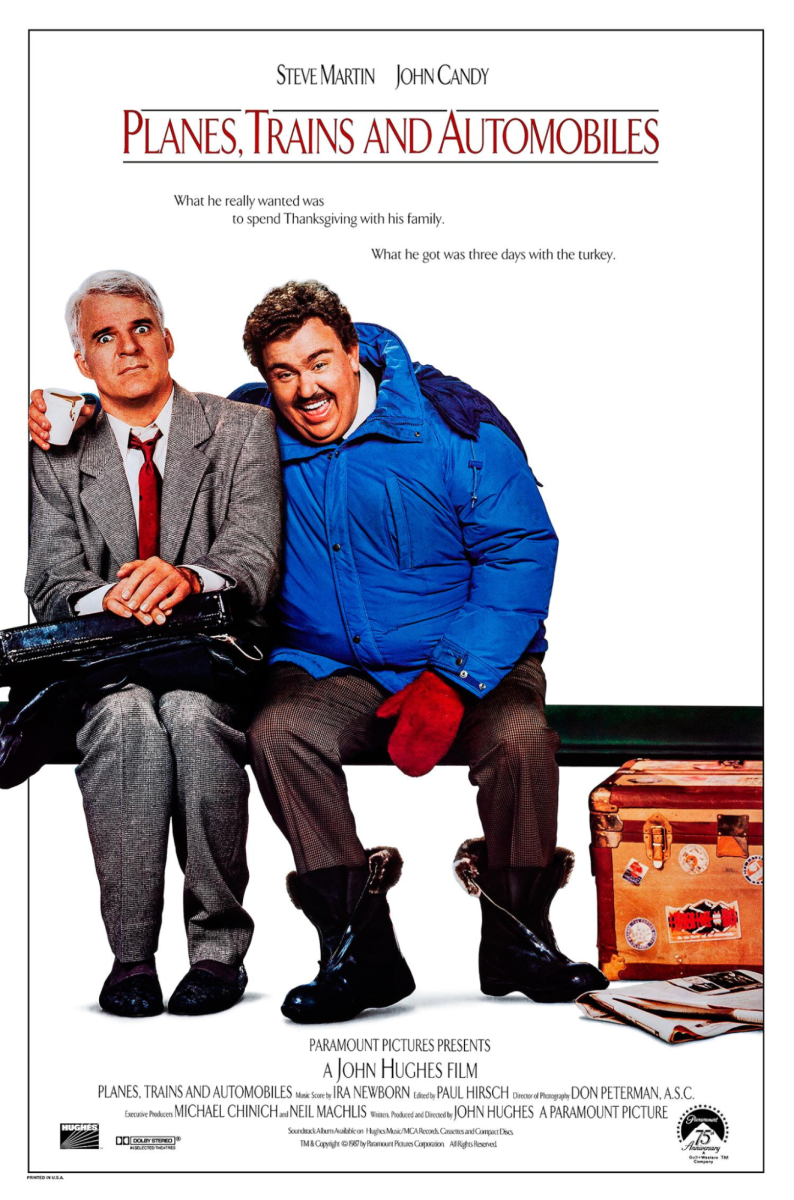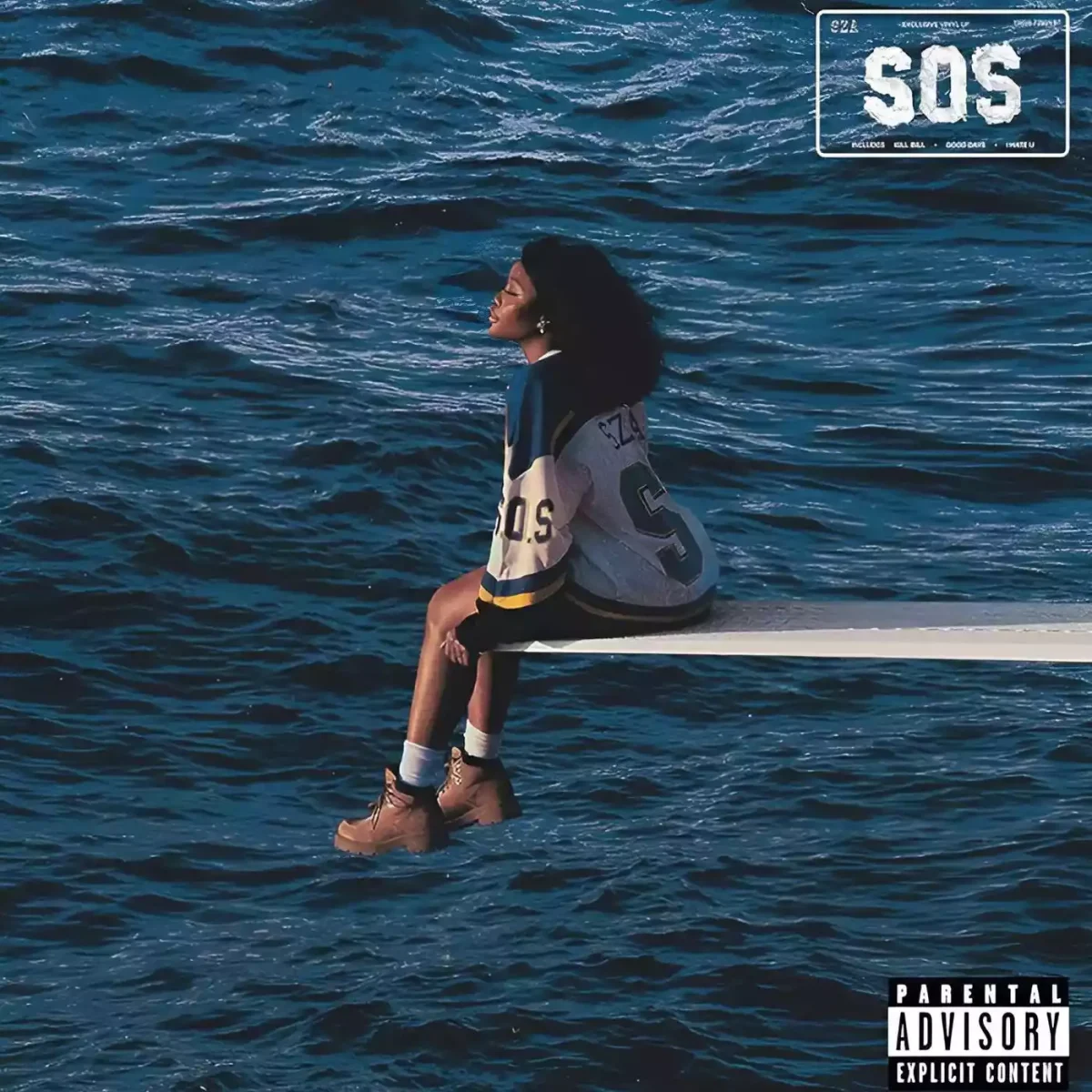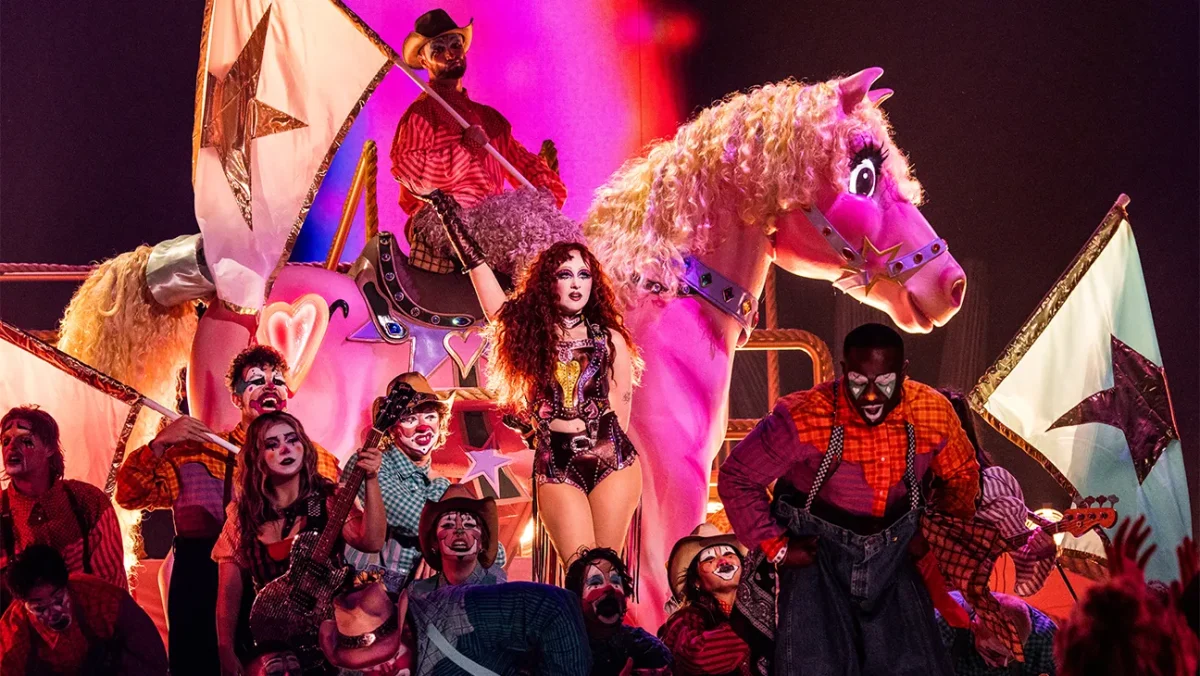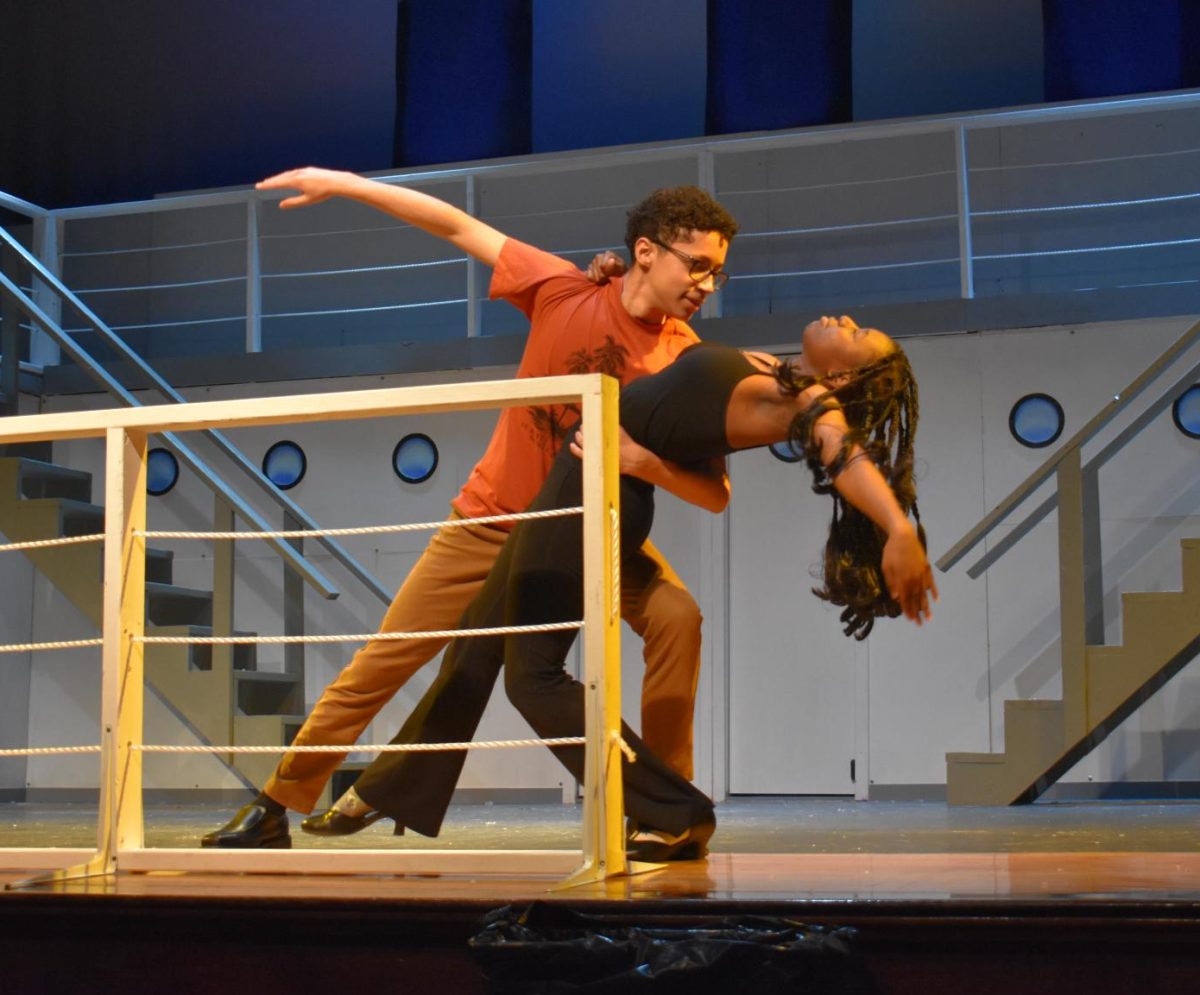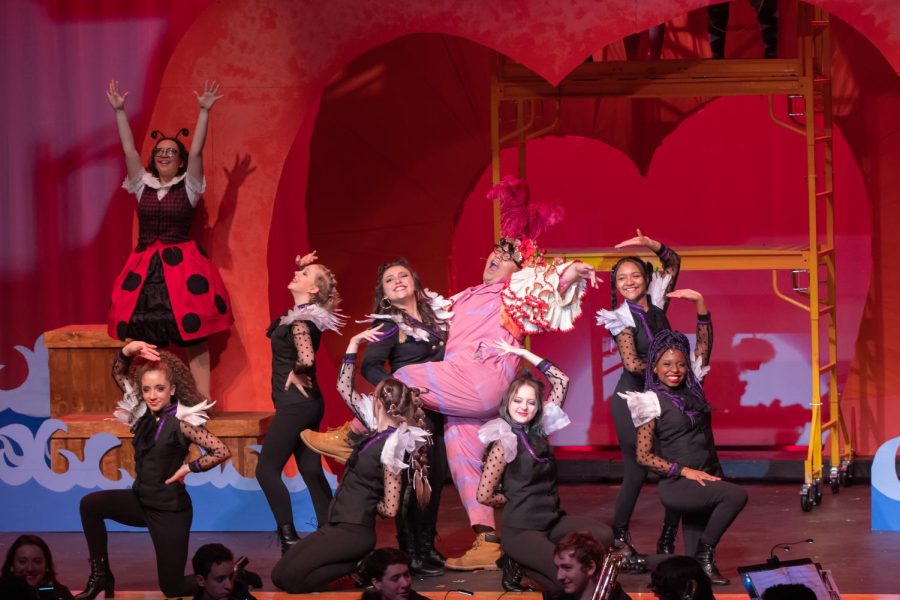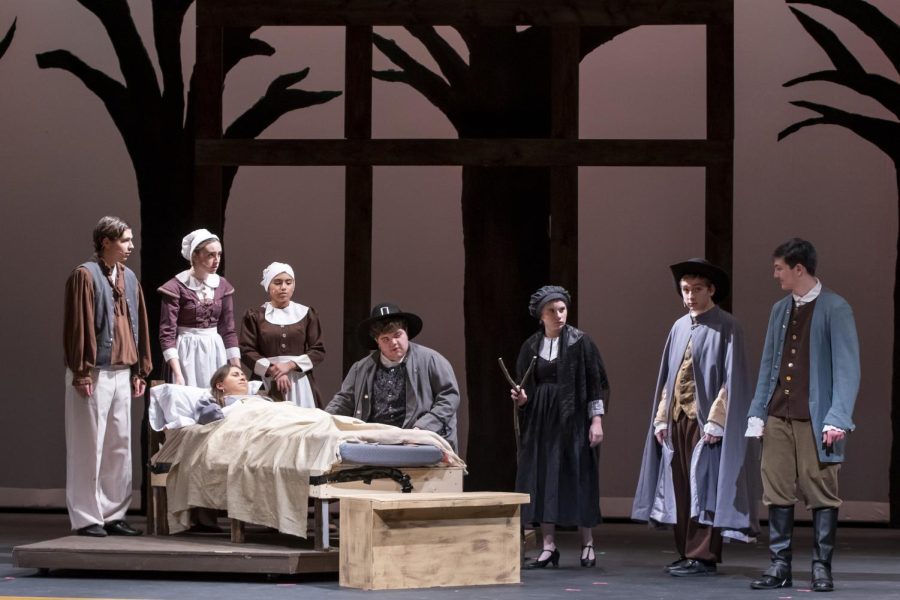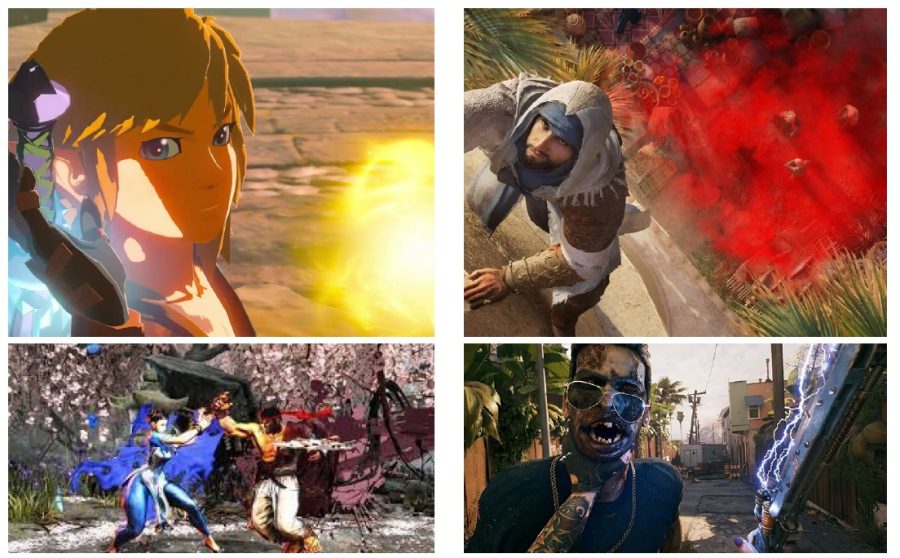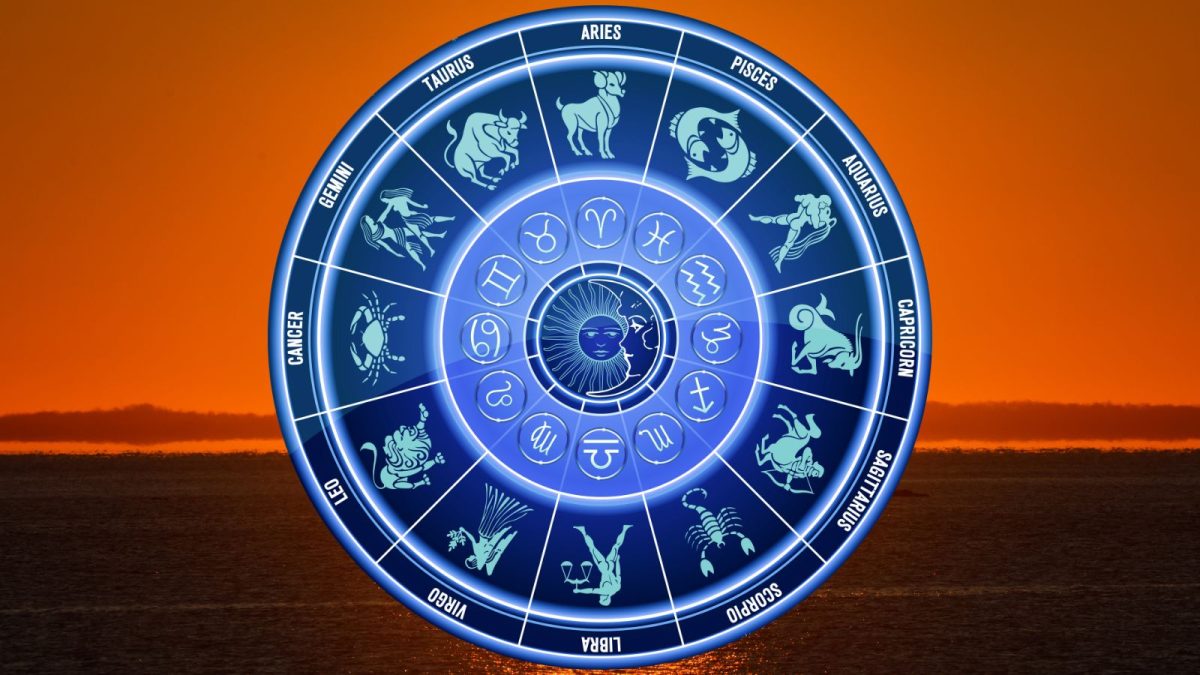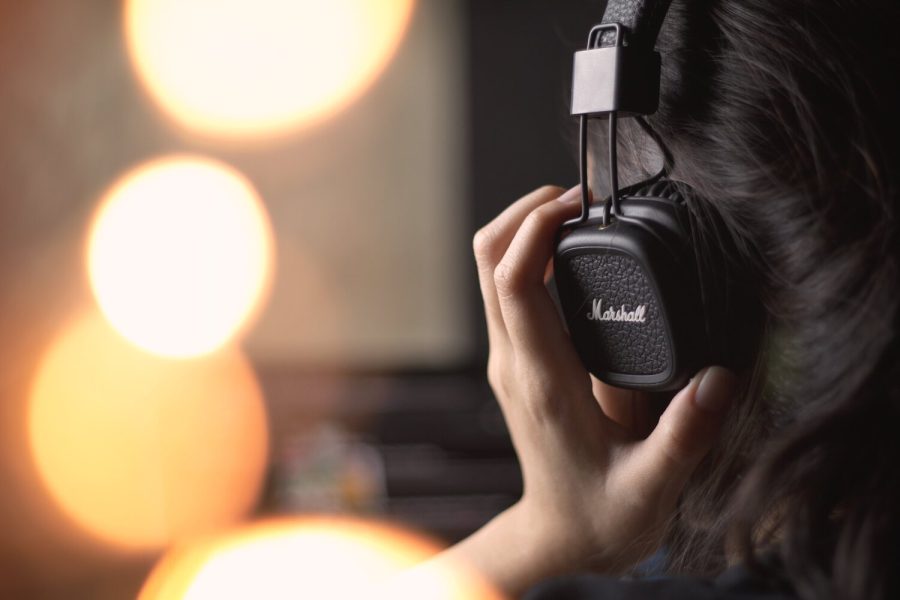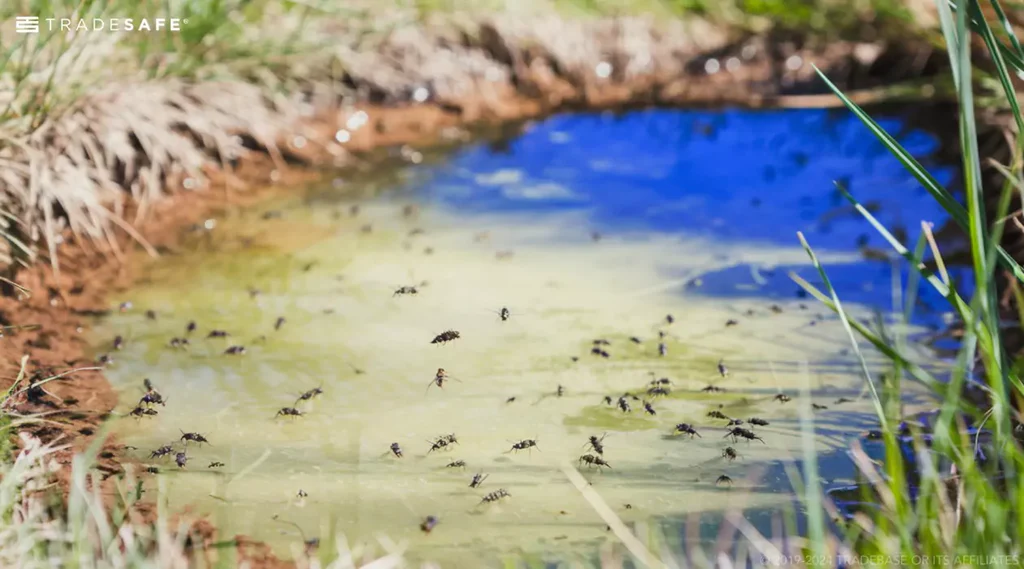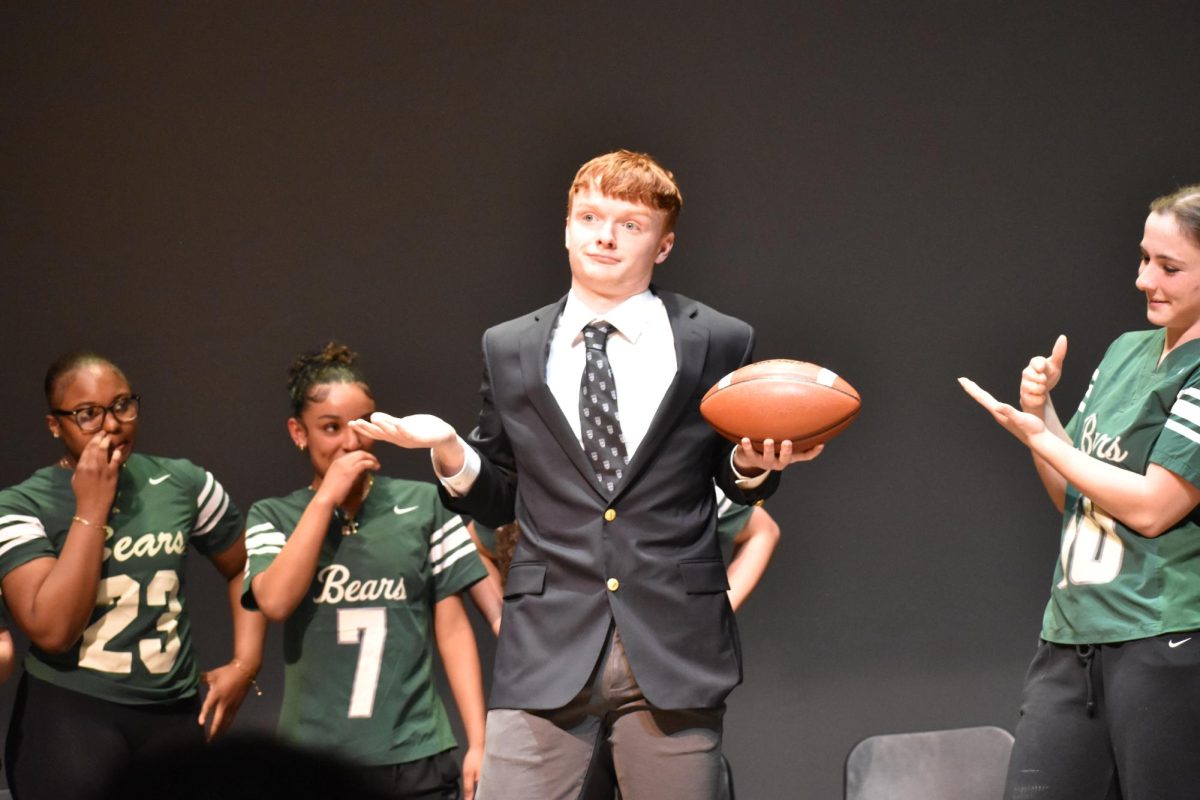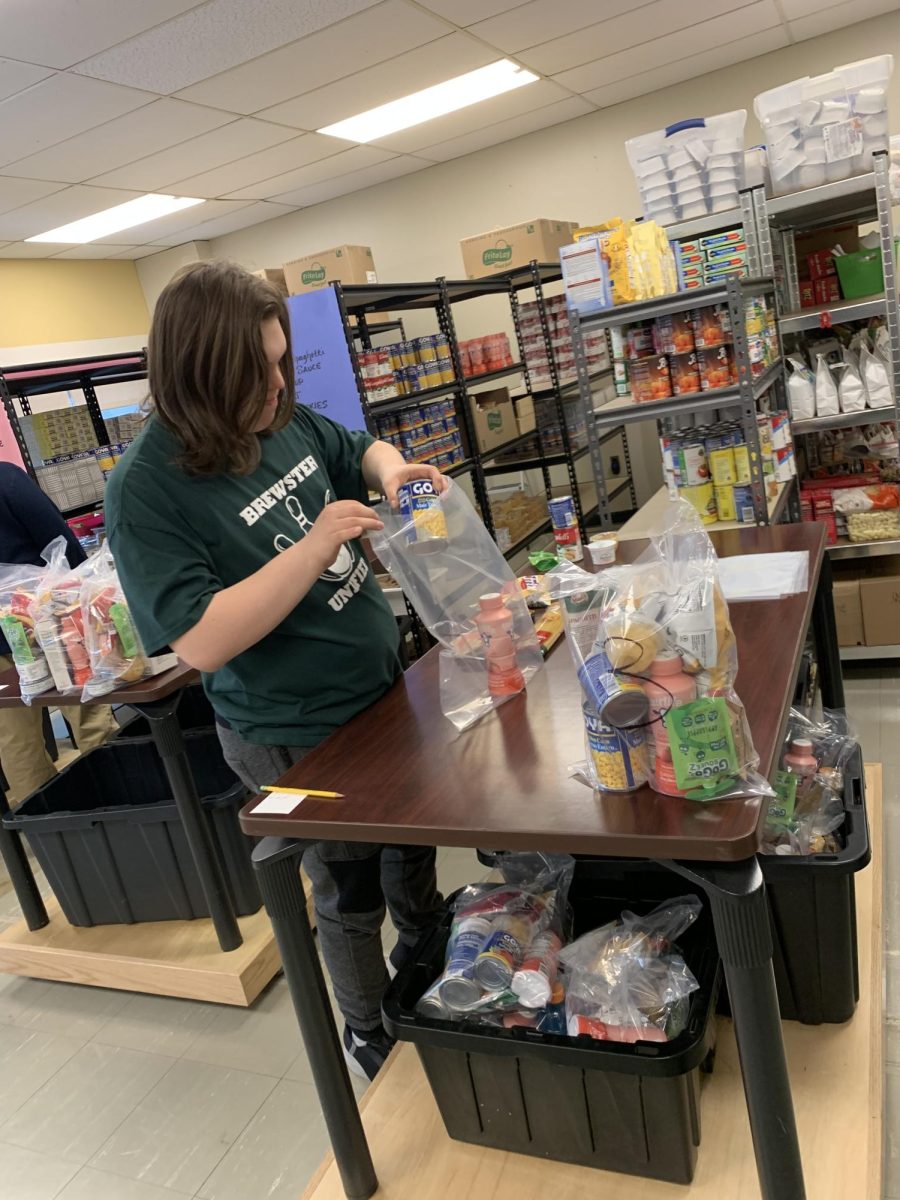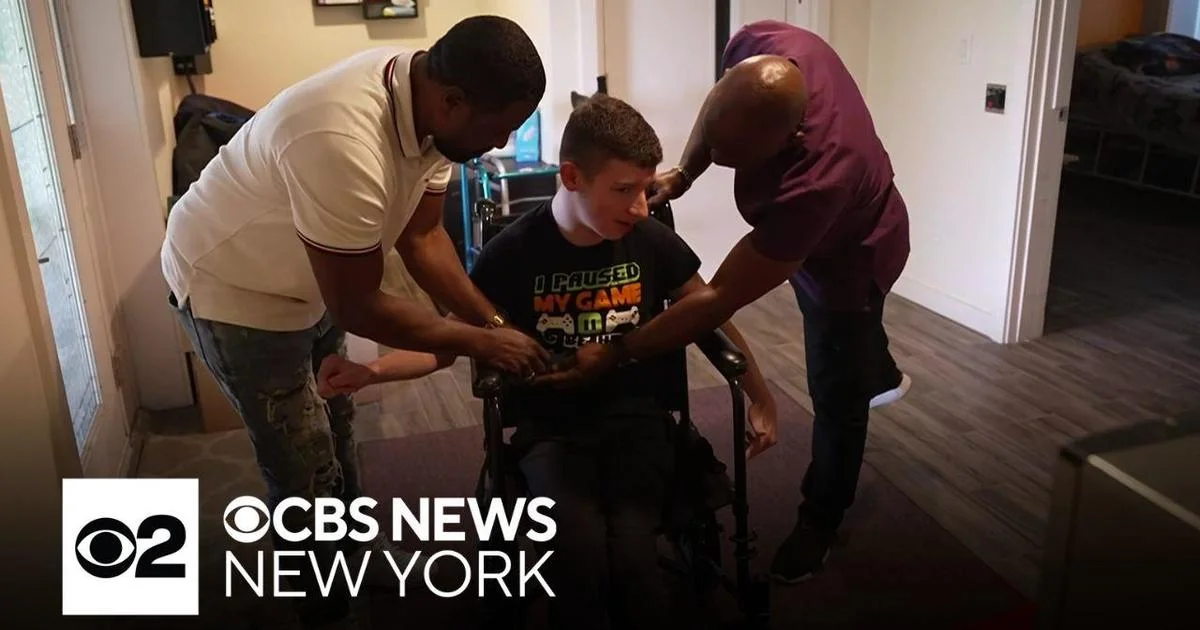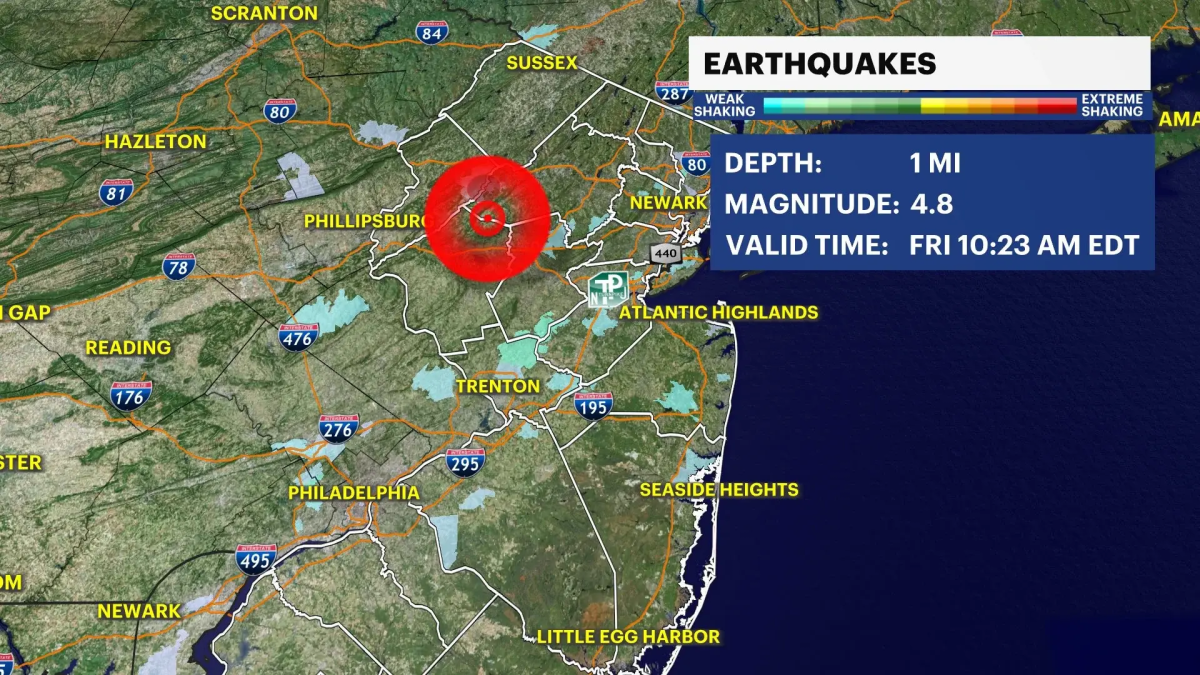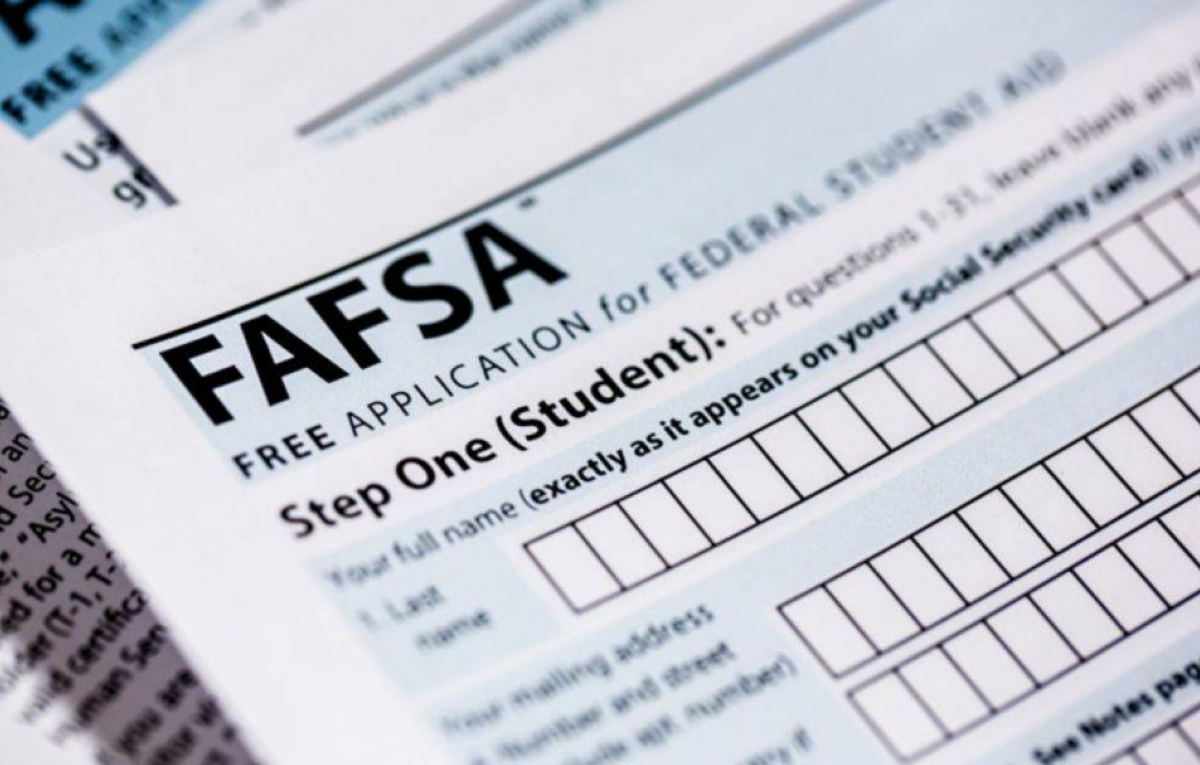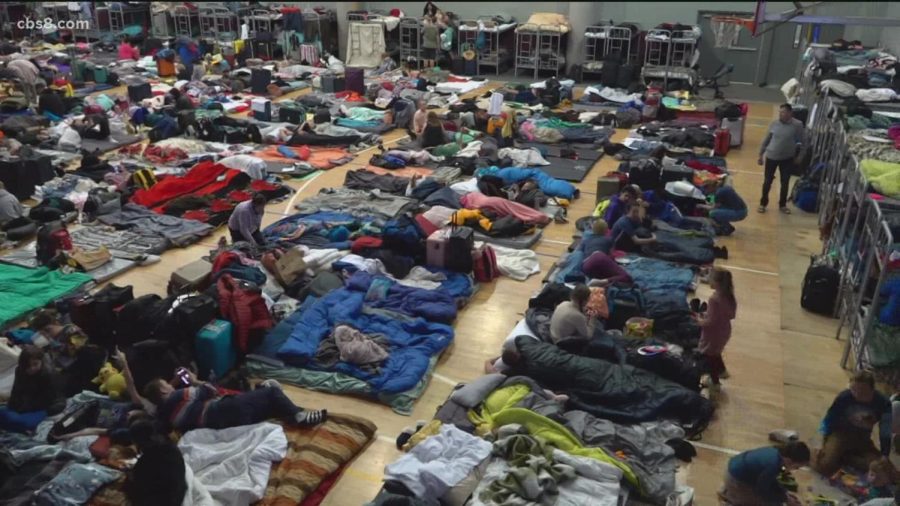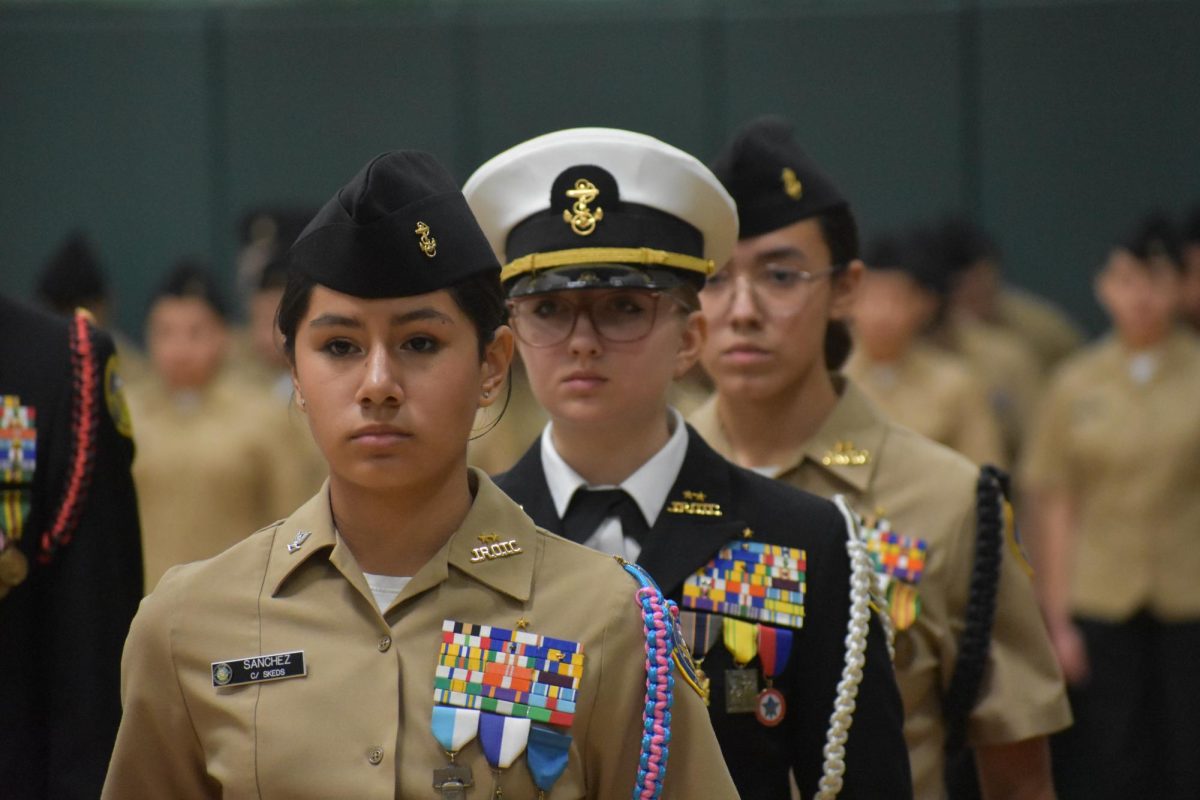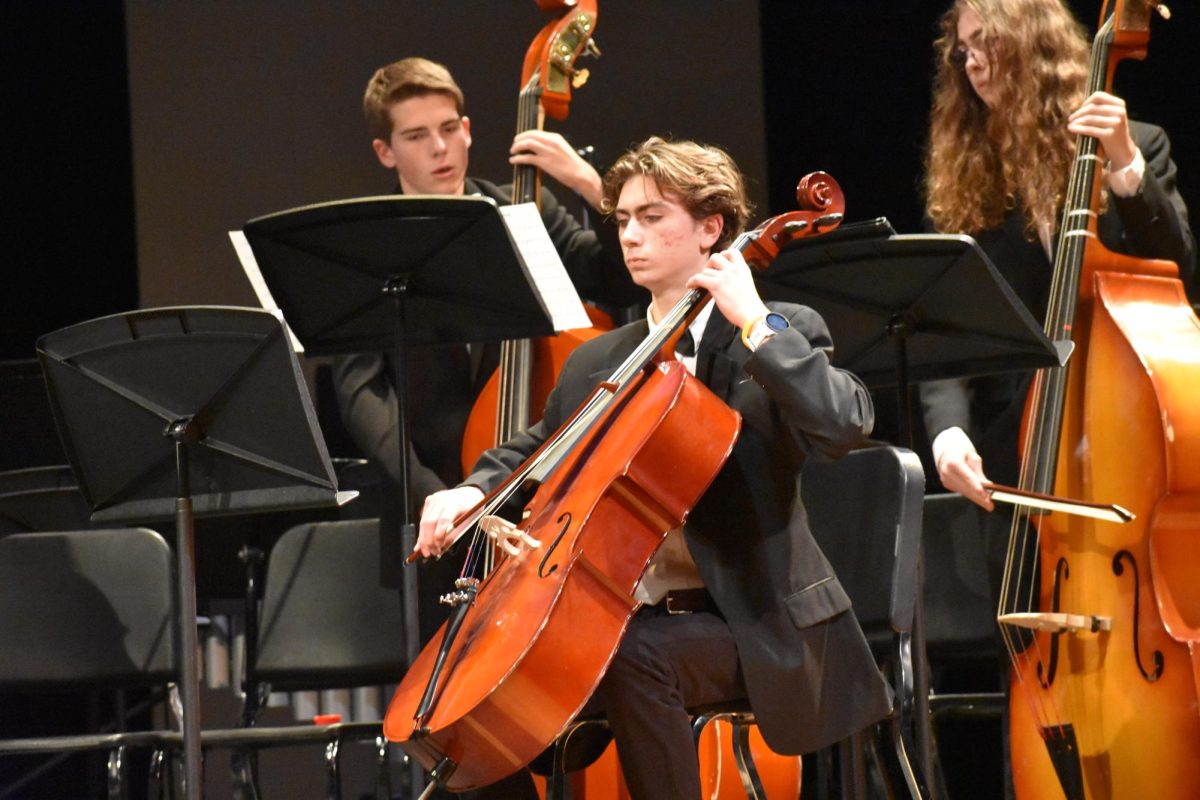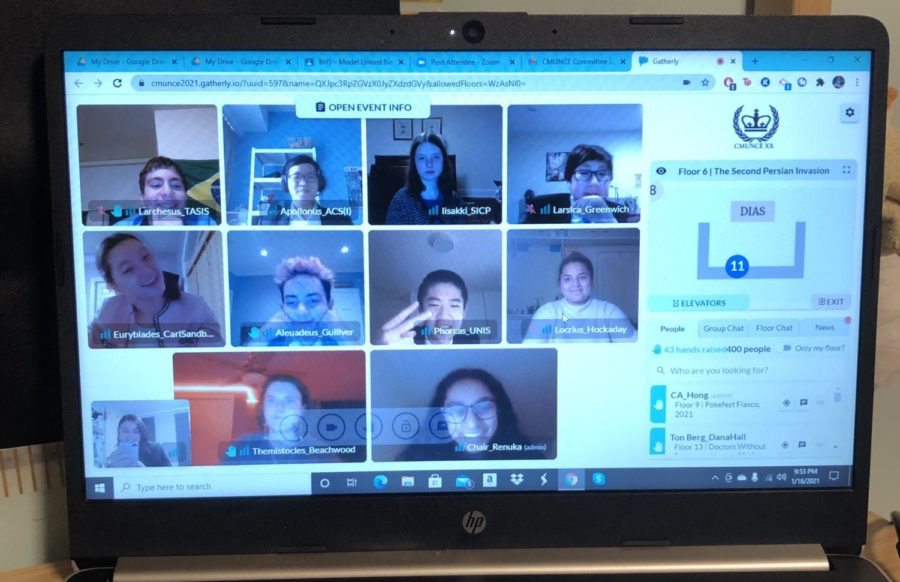Virtually and Actually, CMUNCE Takes the World by Storm
March 8, 2021
A bunch of well-dressed high school students argue over who’s a communist and who’s a spy. It sounds like the beginning of a bad joke, but to these delegates this topic is just another problem in a committee. From January 15th to the 17th, twenty-five students from Brewster’s Model United Nations club had the opportunity to spend the weekend debating, negotiating, and speaking with students from all over the world, all from the comfort of their own homes.
Columbia Model United Nations Conference and Exposition (CMUNCE) is a major Model United Nations conference run by Columbia University. Despite the conference being held digitally, there were over five hundred delegates in attendance this year. These delegates came from many different nations worldwide, providing Brewster attendees with a uniquely diverse experience.
“My committee included delegates from all over the world, from Singapore to New York City,” commented Macie Marinich, a delegate on the Xi’an Incident committee. “The experience allowed us to learn more about collaborating online, which is potentially the future of the world of business and international relations.”
In light of these unprecedented times, the conference was made fully virtual for the first time, which also provided a unique set of challenges for all those involved. Suvan Akula, the club’s Director of Operations, commented that, “the conference was definitely harder to coordinate this year.” As the digital setting brought new setbacks to an already challenging leadership position, Suvan tackled registering delegates, assigning delegates to their committees, distributing the correct links to each delegate, and managing the overall organization of the conference. “Because we can only have meetings online, training for the conference and getting out info was super hard because we needed to get everyone to a meeting at once,” he noted, “but I had fun and hope everyone else did too!”
The conference itself consisted of a variety of diverse committees, with each tackling one of many historical and contemporary topics from all around the world. From a committee on Northern Irish Independence to a simulation of the Russian Election of 1992, Brewster delegates were all challenged to explore unique circumstances and try to devise solutions to the problems they presented. The committees had incredible range, representing both real historical events and fictional scenarios: the Pokemon Go Fiasco, Downton Abbey: The Royal Visit of 1927, and The Revolutionary People’s Constitutional Conference of 2100.
Once at the conference, the usual environment of lively debate and conversation proved to be different in a digital setting as well. Using a software called Gatherly, delegates were able to mimic the usual style of moderated in-person debate. Crisis committees, which enable delegates to develop the personal agendas of their positions, would usually operate with the physical passing of private notes to execute any secret plans of theirs, like betraying one’s allies or giving away war strategies. Instead, CMUNCE used a specialized software called Master of Disaster to allow delegates to advance their underhanded schemes unbeknownst to their fellow committee members, creating the same atmosphere of calculated chaos that delegates would normally experience. While technology did, at times, prove to be a challenge, with crisis committees making a mid-conference switch to using Discord, by the second day most committees had fallen into the rhythm of digital debate.
“I never thought that crisis would work so well in an online format,” commented Laila Marie Cruz, freshman at Columbia University and Crisis Director of the Revolutionary People’s Constitutional Conference committee. “The delegates’ creativity and patience were certainly the keys to the committee’s success.”
Her thoughts were seconded by Rose Jacobs, a senior at Columbia and Crisis Director of the Second Persian Invasion committee. “I really miss interacting with delegates– when I CD (Crisis Director) in person, I genuinely love getting to know the people in my committee,” she mentioned. “Replicating that experience online is a challenge due to the inherently more sterile nature of the platform, but I tried to adjust as best as I could… In the end, I think I was able to replicate the energy of an in-person conference as best I could and I had a lot of fun doing so!”
Overcoming the challenges of the digital format, the delegates and the Columbia students made committees as fruitful and interesting as they would be in-person: queens were held hostage in Downton Abbey, the Second Persian Invasion committee saw the first union of two Greek city-states through gay marriage, and the Revolutionary People’s Constitutional Conference began making TV shows about a bunch of civil rights activists.
The delegates had some unique opportunities beyond just debate. On Saturday afternoon, Brewster’s delegation had the chance to meet with the Brazilian consulate to the UN. Fabio Coelho, a member of the Brazilian Consulate, took the delegates through a complete presentation regarding his experiences in diplomacy and government, as well as information about Brazil itself and its history in the United Nations. Students were also able to ask him questions, learning more about international negotiations and the Brazilian Embassy. Then on Sunday, two symposiums were held for delegates to attend. Students were invited to a Multicultural Program, an information session on Barnard College and Columbia University, and a virtual art gallery celebrating Black voices.
After two full days of committee sessions, this year’s CMUNCE came to a close with their usual closing ceremonies. Emily Sullivan received a Verbal Commendation award for her representation of Violet Crawley in the Downton Abbey: The Royal Visit of 1927 committee. Austin Matra and Diana Vink received Honorable Mentions for their delegating on the behalf of Jack Cook in the Pokefest Fiasco, 2021, and Aristides in the Second Invasion of Persia committee, respectively. Notably, Secretary-General Henry Bloss was awarded an Honorable Mention for his representation of Zaiqing Yu in the Ad Hoc: International Olympics committee. The Ad Hoc committee is the most challenging offered at CMUNCE and Henry is the first Brewster student to receive an award on this unique style of committee.
CMUNCE attendees certainly had a memorable experience this year and hope to create more catastrophes and treaties at next year’s CMUNCE! The Model UN would like to thank Suvan Akula for organizing Brewster’s participation in CMUNCE this year, Mrs. Chalmers for her behind-the-scenes work for the club, and would like to extend a very special thank you to Mr. Mullane, their advisor, who has been unfailingly supportive and helpful during this year’s CMUNCE and this year as a whole. Without them, this event never would have been possible and delegates wouldn’t have gotten the amazing experiences they did.
